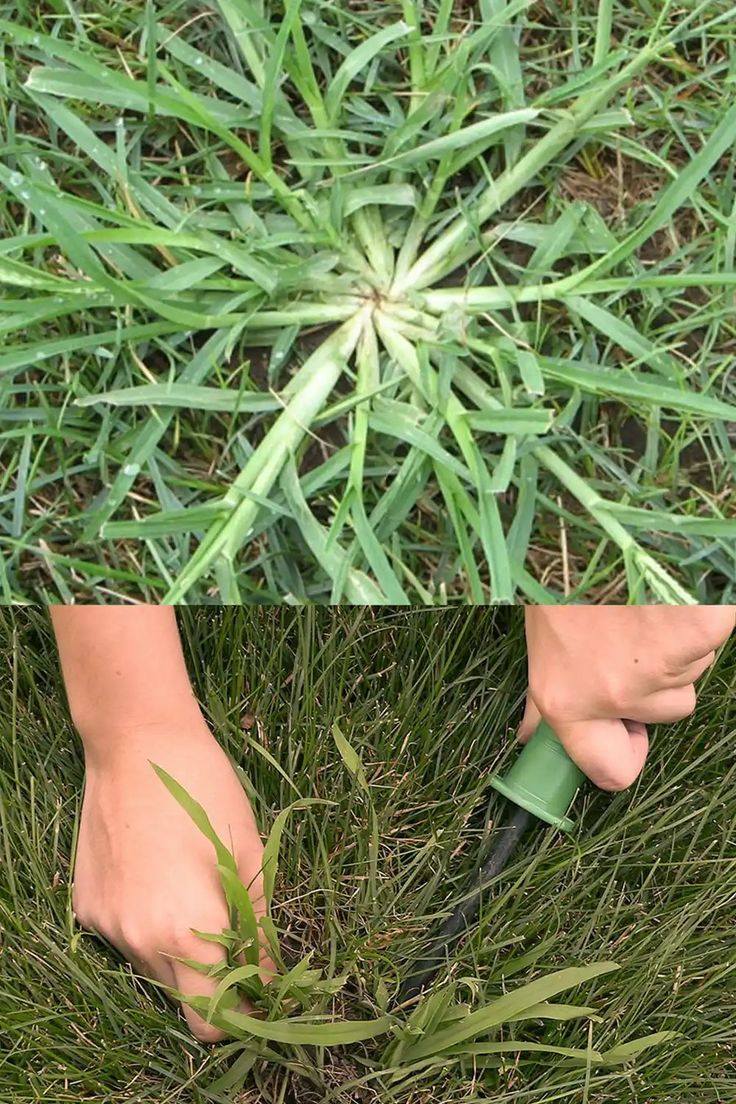Never Uproot This Plant If It Appears in Your Garden
Your garden may be home to unexpected treasures. Some plants that grow uninvited can provide incredible benefits to your health, your garden ecosystem, and even your wallet. Before reaching for the spade, learn why certain plants deserve to stay right where they are. Here are some plants that should never be uprooted if they appear in your garden.
1. Dandelions
Often considered a weed, dandelions are a powerhouse of benefits:
Improves Soil Health: Their deep taproots loosen compact soil and draw up nutrients from below.
Pollinator Magnet: Bees, butterflies, and other pollinators love dandelion flowers.
Edible and Medicinal: The leaves, flowers, and roots are all edible and can be used to make teas, salads, or even natural remedies for digestion and detoxification.
2. Clover
Clover is often a gardener’s unsung hero:
Natural Fertilizer: Clover fixes nitrogen in the soil, enriching it for other plants.
Ground Cover: It prevents soil erosion and keeps weeds at bay.
Pollinator Friendly: Its flowers attract bees and other beneficial insects.
3. Purslane
This succulent-like plant is a nutritional powerhouse:
Rich in Nutrients: Purslane is loaded with omega-3 fatty acids, antioxidants, and vitamins.
Drought-Resistant: Its ability to thrive in dry conditions makes it a great ground cover in hot climates.
Culinary Use: Add its slightly tangy leaves to salads, soups, or stir-fries.
4. Milkweed
Milkweed is a critical plant for your garden’s ecosystem:
Monarch Butterfly Habitat: It is the only plant that monarch butterflies lay their eggs on.
Supports Biodiversity: Milkweed flowers attract a wide variety of pollinators.
Low Maintenance: Once established, it thrives without much care and provides beauty with its unique blooms.
5. Nettles
Though often avoided due to their sting, nettles offer amazing benefits:
Wildlife Habitat: Nettles provide shelter for ladybugs, butterflies, and birds.
Nutritious Edible: When cooked or made into tea, nettles are packed with iron, calcium, and vitamins.
Natural Fertilizer: A nettle tea or infusion can be used as a potent organic fertilizer.
6. Chickweed
Chickweed is more than just a “weed”:
Edible and Medicinal: It’s high in vitamins and minerals and can be used in teas or salads.
Erosion Control: It acts as a ground cover, protecting the soil from erosion.
Companion Plant: Chickweed supports soil health and can benefit nearby plants.
7. Plantain (Plantago spp.)
Plantain weeds have surprising uses:
Medicinal Properties: The leaves can be used to soothe insect bites, cuts, and rashes.
Soil Indicator: Plantain often grows in compacted soil, signaling where you need to improve aeration.
Edible: Add the young leaves to salads or cook them as a leafy green.
Why Let These Plants Grow?
see next page
